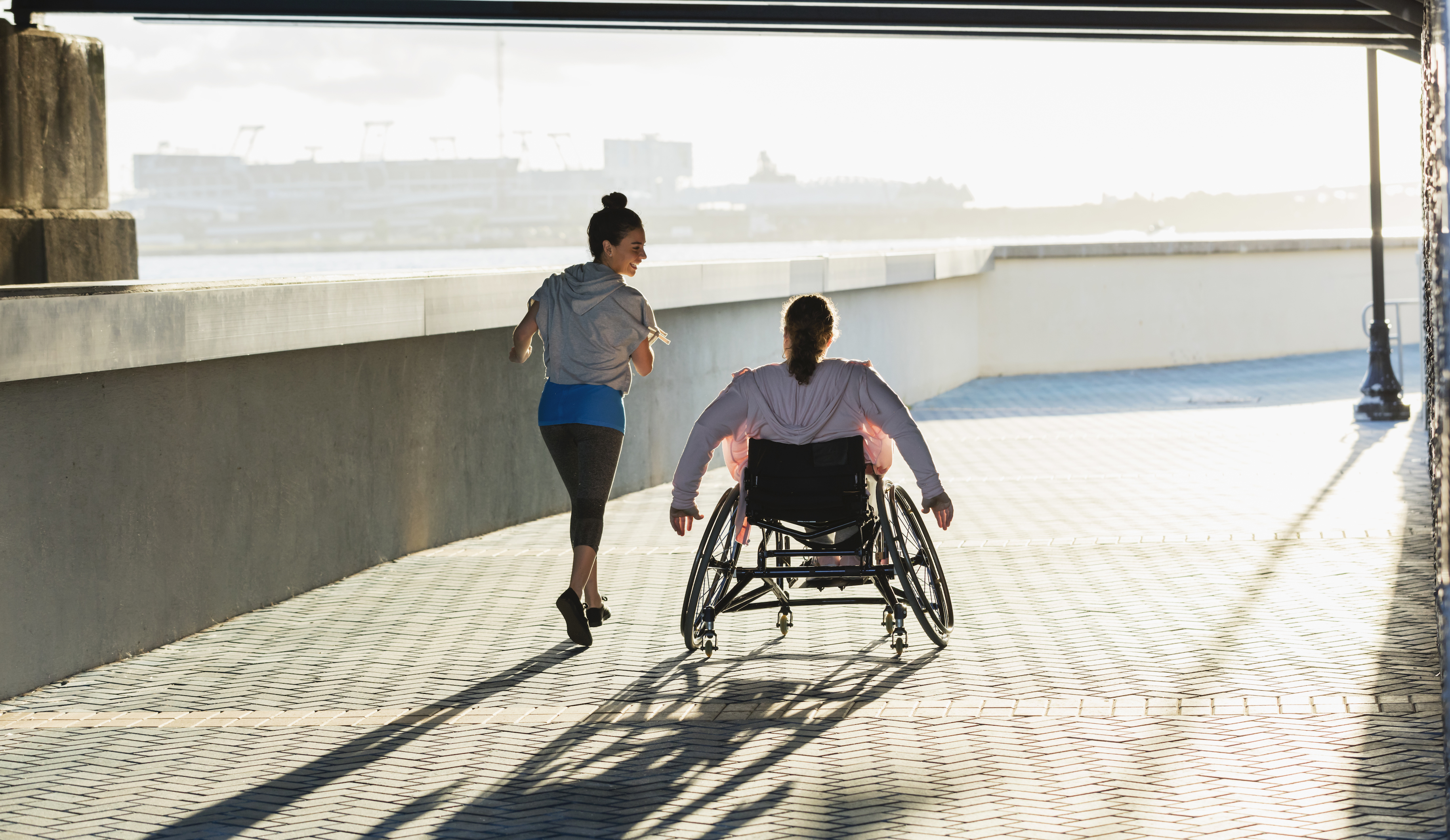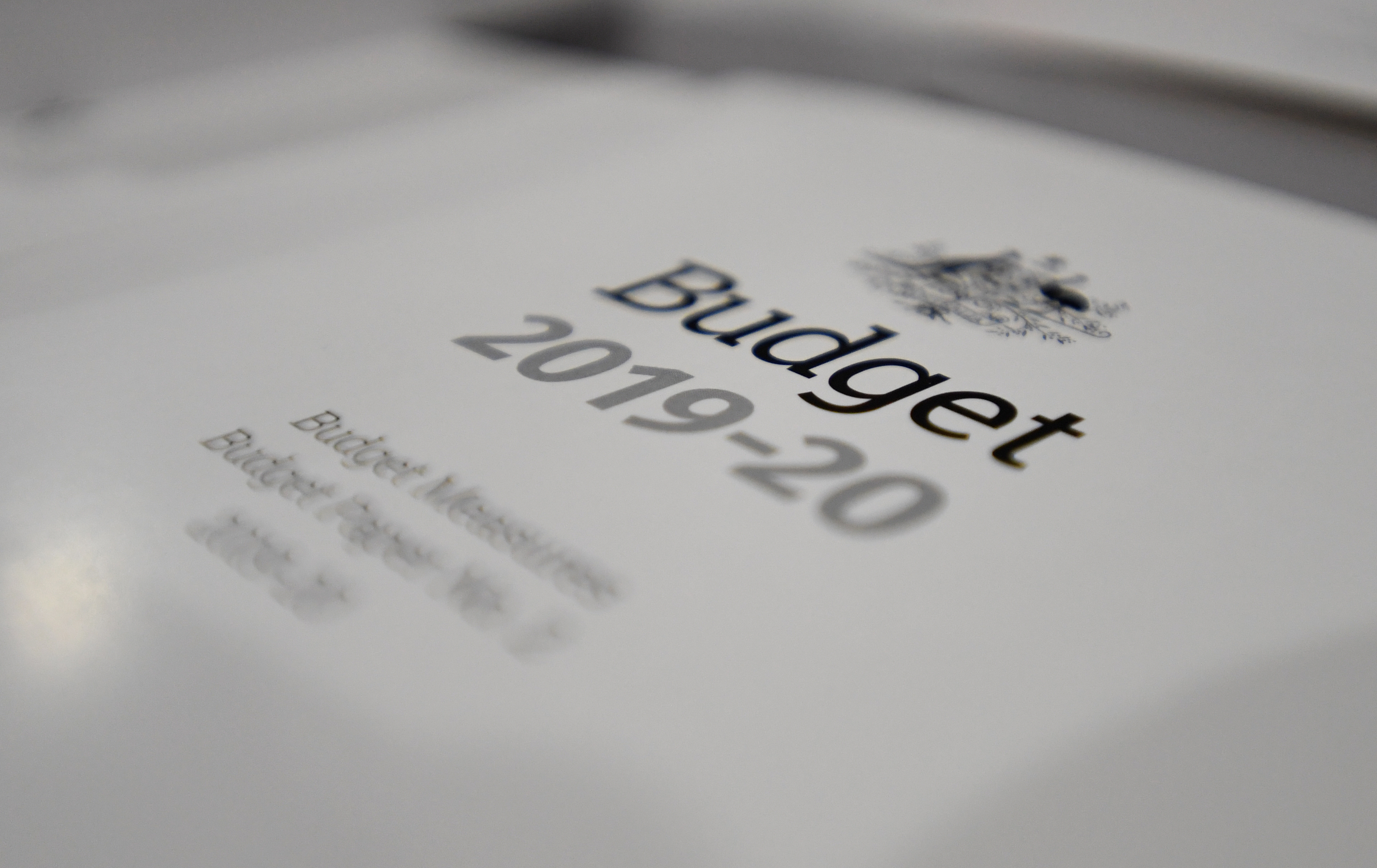
Health & Medicine
Protecting our ageing population from COVID-19

The response to COVID-19 is a reminder of the huge capacity of states to improve health outcomes and exposes how our acceptance of suffering on the basis of ‘affordability’ costs lives
Published 26 March 2020
We know that poverty is really bad for your health, especially if you have an underlying health condition or are living with a disability.
But around the world governments, even in wealthy countries, accept a degree of poverty as a given.
Before COVID-19, suppose a researcher or politician went on TV said something along the lines of “you know, if we really wanted to improve health, the Government could eliminate poverty overnight.’’ How do you think the people in the studio would respond?

We wager you’d have heard one or more of the following:
“Well, it’s a little more complicated than that”
“That’s not politically achievable”
“That’s not economically affordable”.

Health & Medicine
Protecting our ageing population from COVID-19
On one level these refrains would seem to be accurate. Perhaps it really is more complicated than that. Most policymakers will baulk at a policy so ambitious, and many voters will be convinced the cost is prohibitive.
But is it actually impossible? One thing that COVID-19 has shown us already is that it isn’t.
It wasn’t complicated for France, Denmark and others to promise a basic income, or employment guarantees to all citizens.
Indeed, the Trump administration may well end up mailing cheques to Americans’ homes. These policies may immediately lift millions of people out of poverty for a short period. So, it’s not actually ‘complex’ at all.
Certainly these policies may be expensive, but if they weren’t affordable they wouldn’t be possible. If government are going to underwrite the entire global economy in response to COVID-19 then eliminating poverty is clearly affordable.

But perhaps poverty eradication just isn’t politically achievable. Maybe the steps taken to fight COVID-19 are palatable only as a last resort in a crisis.
But then COVID-19 also shines a spotlight directly on the trade-offs we have been making between economic action and saving the lives of people living in poverty, with a disability or a health condition.
In this time of crisis this relationship between money and lives saved is being made brutally explicit, and the public’s view of what is ‘reasonable’ now appears much more malleable.

Health & Medicine
What is COVID-19 doing to our mental health?
COVID-19 is a timely reminder of the huge capacities of the interventionist modern state.
If at a time of crisis we can guarantee people incomes, remove conditionality from welfare benefits and guarantee housing to prevent social and economic collapse and early deaths from COVID-19.
We can, when the immediacy of this crisis passes, do the same to prevent early deaths among the disadvantaged from diabetes, heart disease, cancer and a lack of social care.
The COVID-19 crisis creates a new a lens through which we must now view the wider suffering around us. It compels us to do more to alleviate this suffering.
If our starting point is that the state can alleviate, say, poverty then we must think seriously about how we shift the political discourse from one where the health debate is framed by doing more with less, to one where we recognise that everything we don’t do will costs lives.

In arguing for policies that will provide better health outcomes or justice, health experts, advocates and politicians need to be frank about mortality and morbidity in the same way that the scale of COVID-19 causes us to be frank.
We should, in other words, spell out the cold, hard truth that there are serious, life and death consequences when we let health policies be driven by concerns about ‘complexity’, ‘affordability’ and ‘acceptability’.

Health & Medicine
Health data saves lives: We need to be using it better
For example, when we let these concerns discount the possibility of rapidly closing the 26 year life expectancy gap for people with intellectual disabilities through massive state support, let us be frank about what this means.
We are – as a convenience – foreclosing on a world in which tens of thousands of Australians would be able to live beyond their 50s instead of dying young.
What COVID-19 reveals is something we should have been more aware of – that one person’s view of affordability and reasonableness can be, in a very real way, another person’s life expectancy.
Policy making needs to be able to consider a world in which everyone, for example gets to survive their disability.
The Second World War massively enhanced citizens’ and experts’ faith in the capacity of a modern state dedicated to using its full resources to protect its citizens. This laid the groundwork for the greatest social advances in health and social care in history. If COVID-19 does us one favour, it will be to force us to relearn this lesson.
Let us make sure we apply it as our grandparents did.
Banner: Getty Images